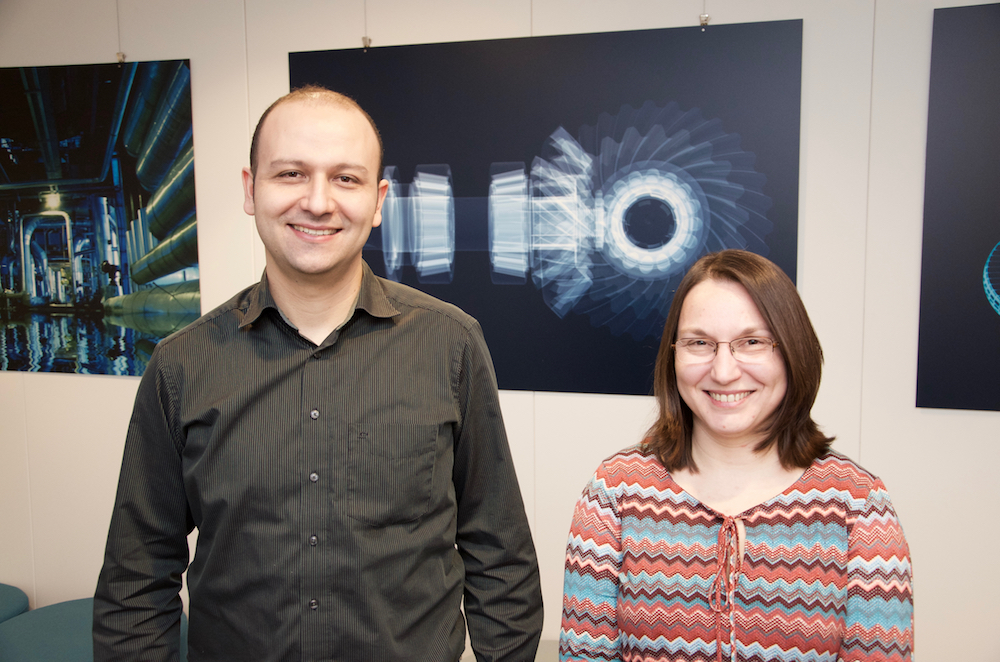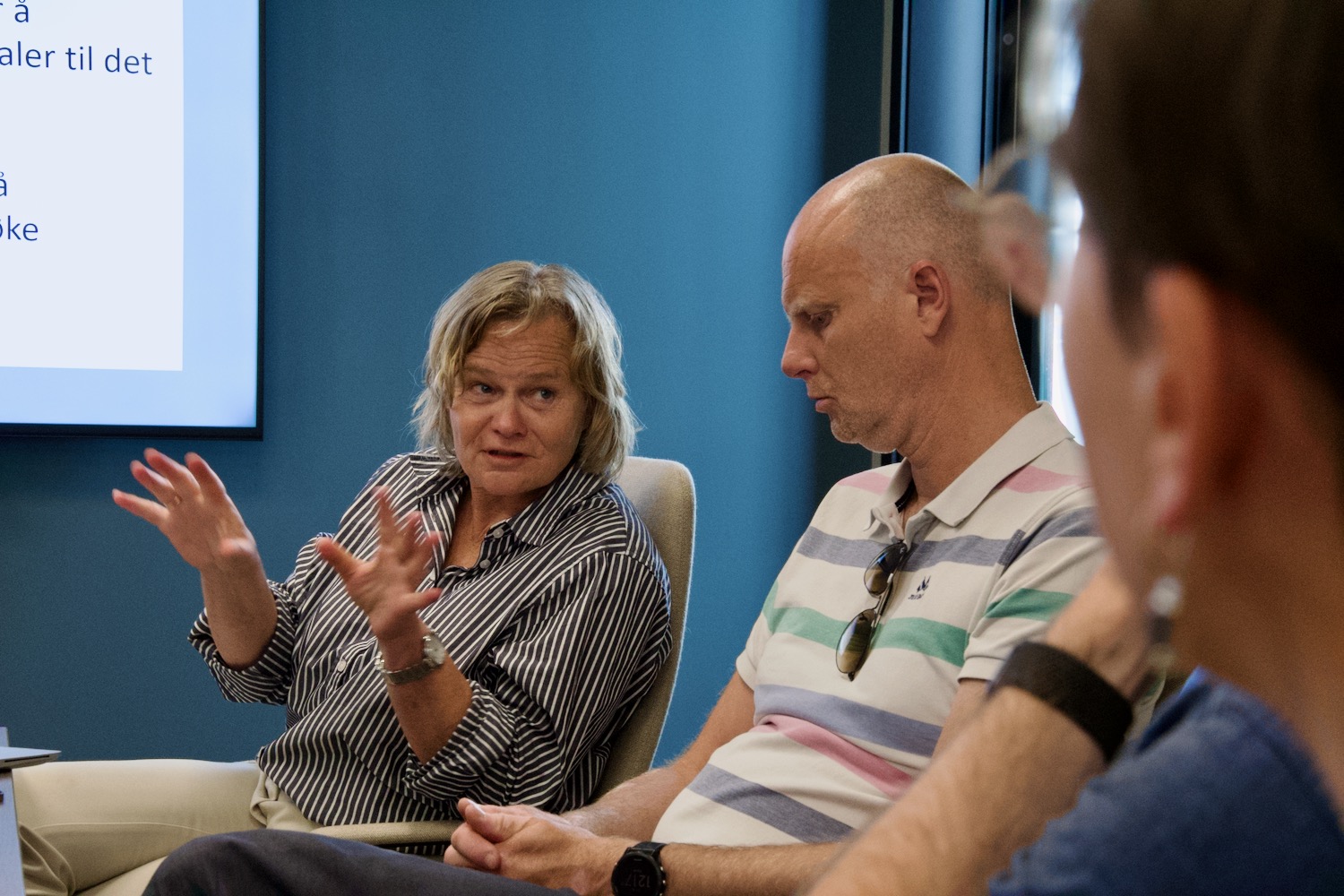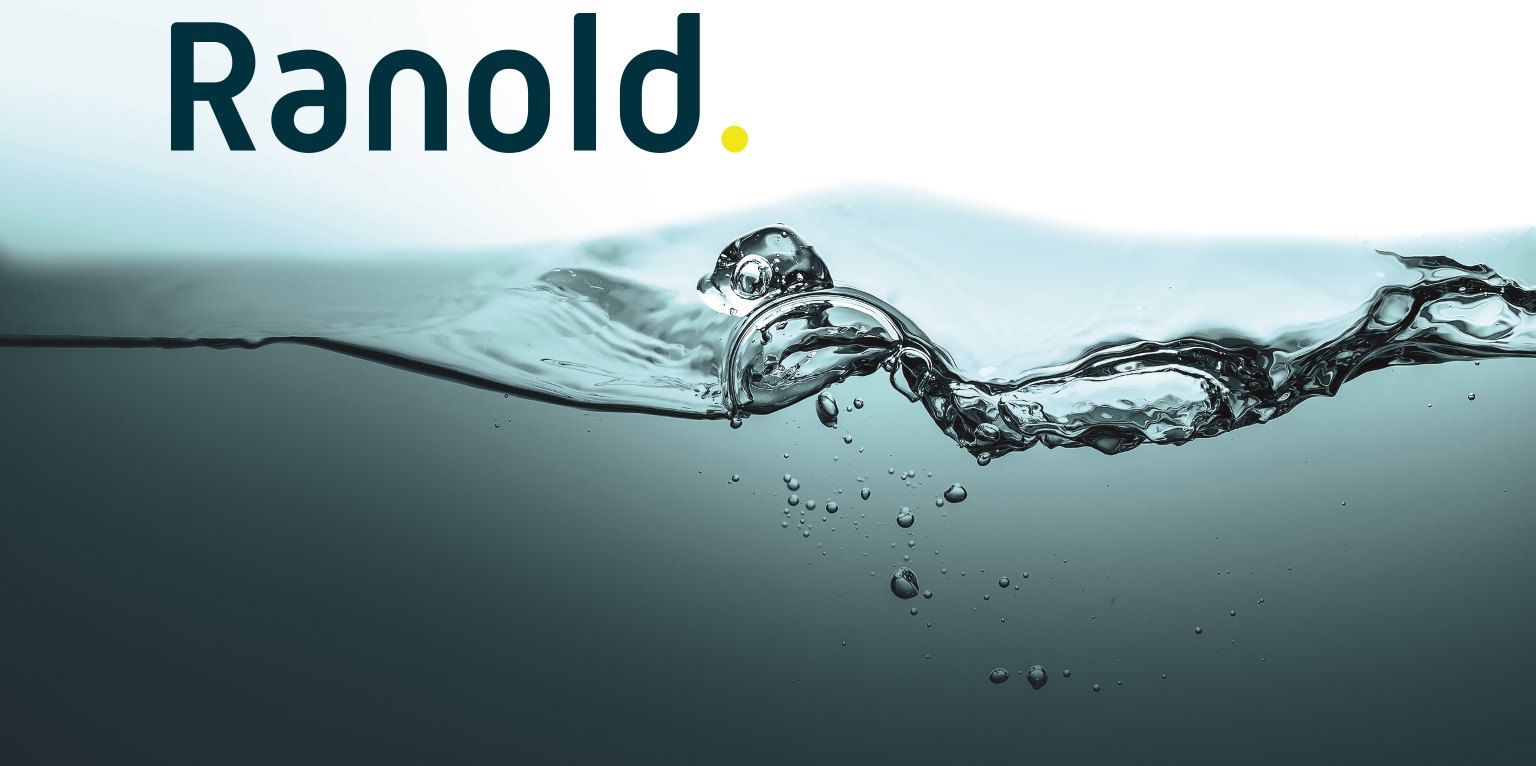“Sensors are an essential part of the fourth industrial revolution, in which the equipment is becoming increasingly smarter and aware of the changing environment. On-board sensing gives us better control over components and their framework constraints, enabling us to act, and not react, to ever-changing conditions. Ultimately, sensors will help us develop self-monitoring towards maintenance-free systems”, says Chief Scientist Nabil Belbachir at research institute Teknova.
He is leading the Teknova/GCE NODE workshop in Grimstad April 21, which includes an international group of expert speakers. The event is mainly addressing innovation at companies within the NODE cluster.
“We have a lot to learn from other regions and other industries when it comes to on-board sensing. The idea behind this workshop is to bring world-class expertise to Agder to provide insight into technologies and knowledge that are becoming increasingly important for various industries”, says Belbachir.
“Also, we want to show what the benefit of on-board sensing is and which opportunities it brings for a deep-shift industrial innovation”.
On-board sensing for smart components has not been yet established for the offshore industries. Thus, there is a need for digging into this field to assess the opportunities and challenges towards enabling technologies into the offshore sector.
“Aerospace, shipping and the automotive industries are leading the field. We intend to learn from these industries to identify the opportunities sensors provide for the oil and gas industry”, says Belbachir.
Among local speakers is Senior Researcher Katarina Grujic, who is an expert on optical sensors.
“Where conventional sensors fail, optical sensors, and optical fiber sensors in particular, often present the most promising solution. The most attractive advantages are immunity to electro-magnetic interference and explosive or chemically aggressive environments. Flexible, light-weight and miniaturized, they are easily embedded in materials thereby enabling smart structures. Last, but not least, they enable low-loss, non-interfering signal transmission over long distances”, says Grujic.
According to Belbachir, the rapid development of sensor technology is driven by mass consumer products like smartphones and gaming, which is driving towards smaller and cheaper sensors. What used to be large and expensive, has become small and cheap. This represents new business opportunities for all kinds of industries.
“The workshop is designed to raise awareness and interest, to generate new ideas, and ultimately to inspire regional and Norwegian companies to build a road map for internal innovation and future development”, says Belbachir.



